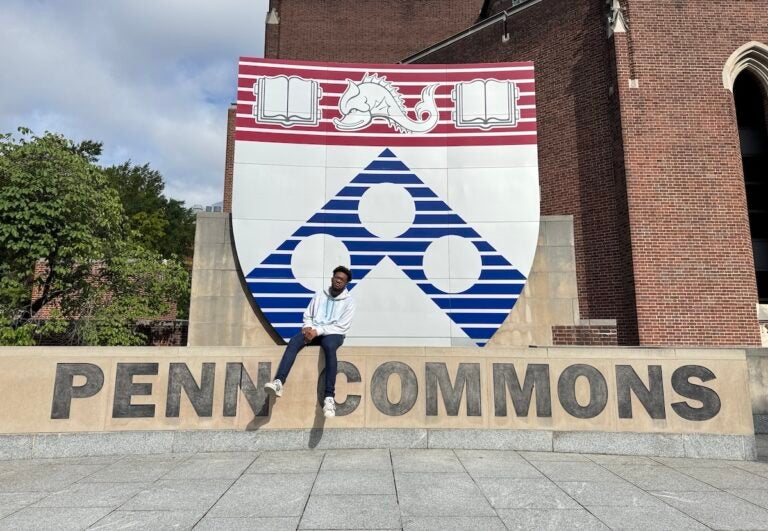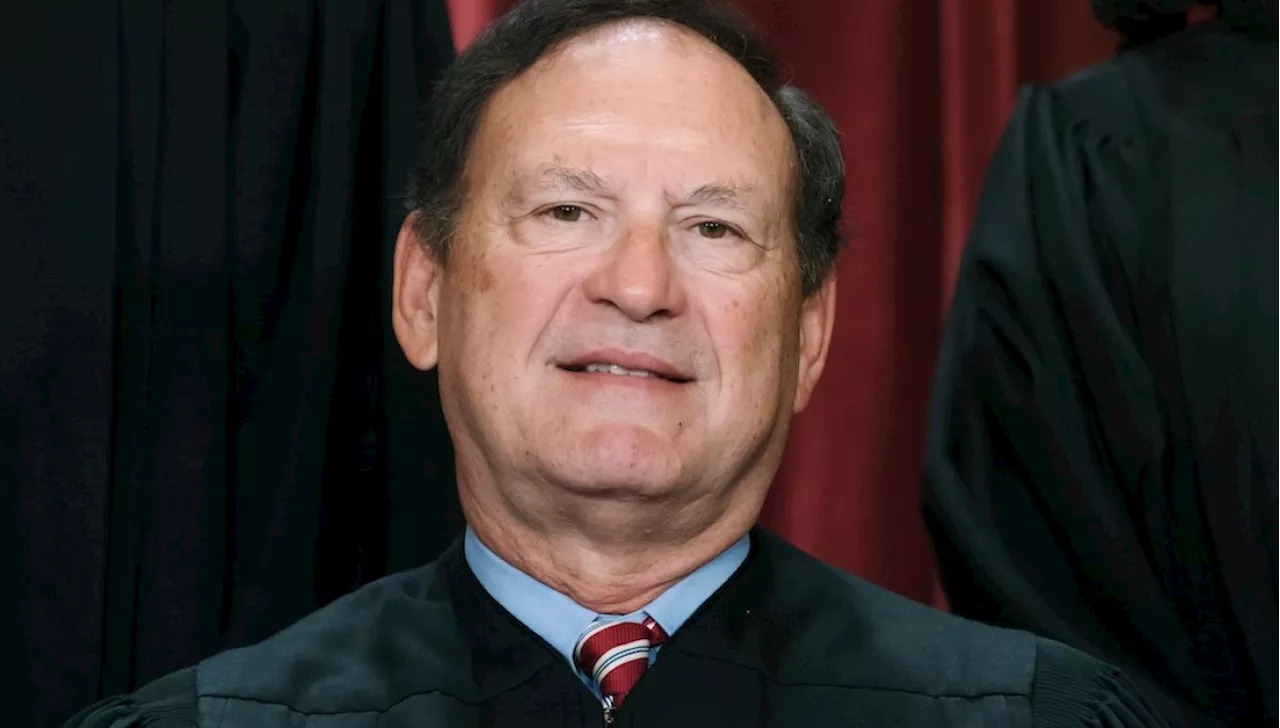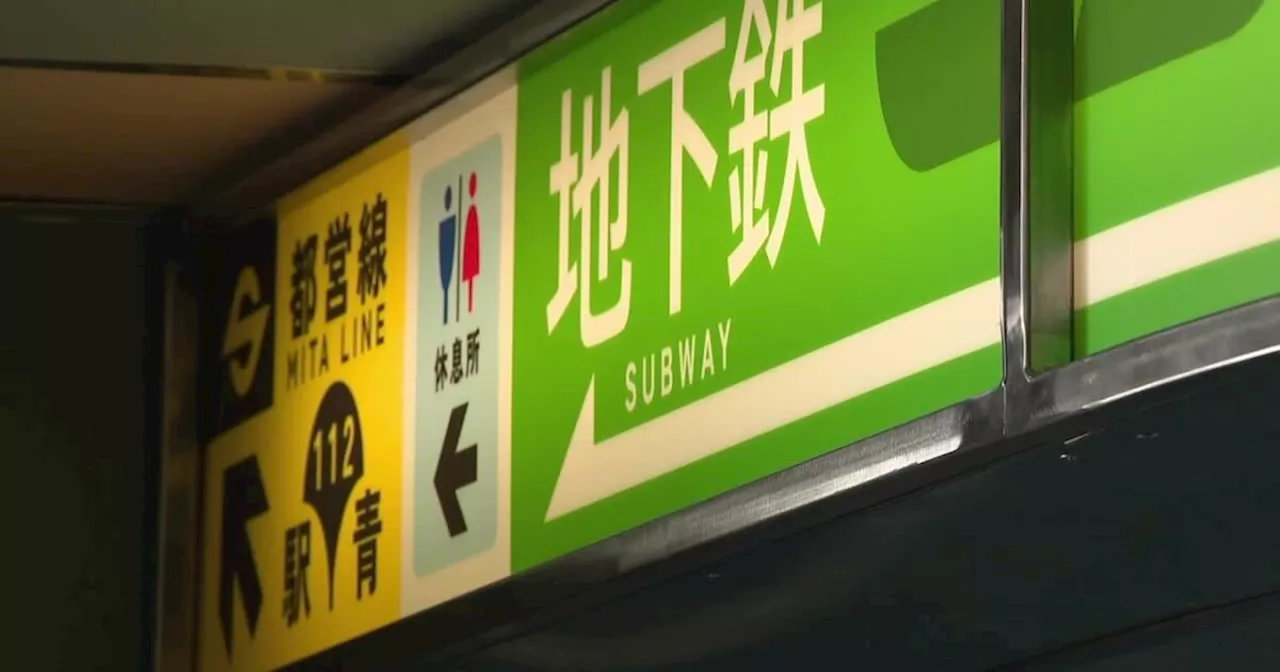
The pursuit of admission to Ivy League schools is intensifying among students, leading to increased pressure and burnout. Institutions such as Harvard, Yale, and Princeton are perceived as the ultimate achievements in education, and the race to secure a spot is starting earlier than ever. For many young people, this competition begins in elementary school, creating a cycle of anxiety and overachievement.
Selah Derby, a 17-year-old high school senior, recalls making her decision to attend Harvard in the third grade, long before she grasped the complexities of academia. “I was like, ‘I’m going to Harvard because I want to be president of the United States,’” she said. This early ambition came with a relentless drive for perfection in grades, test scores, and extracurricular activities. “I can’t make mistakes,” she added, emphasizing the weight of her self-imposed standards.
This phenomenon is not isolated to Selah. Across the United States, countless students are internalizing the belief that their futures hinge on acceptance into a limited number of prestigious institutions. The pressure to excel can lead to overwhelming anxiety and self-doubt, often persisting even in the face of success. Emmy McGill, also 17, expressed her struggles in this environment. “I felt like it became this race to always do more and to always be competing,” she stated, reflecting on the intense scrutiny of peers and social media.
According to sociologist and Amherst College professor Pawan Dhingra, the escalation in expectations reflects a cultural shift regarding what constitutes “academic success.” He notes that this competitive atmosphere creates an environment where merely meeting academic standards feels insufficient. “Now being at grade level starts to feel like you’re behind,” Dhingra explained.
Social media plays a significant role in amplifying this competition. Platforms like TikTok and Instagram allow students to showcase their accomplishments, leading to a culture of comparison. Emmy remarked, “There’s such a culture of comparison especially with the internet now,” as students post about their college admissions results and achievements, often blurring the line between reality and exaggeration.
Every spring, the phenomenon of “decision reaction videos” emerges, where students film themselves opening acceptance or rejection letters. These videos can go viral, transforming personal experiences into content for online consumption. This culture means students often measure their worth against anonymous profiles that boast of extraordinary accomplishments, fueling what psychologists term “achievement inflation.”
This mentality raises the bar for what is deemed acceptable. Emmy articulated the pressure, stating, “It’s this huge idea that you have to be better and stronger and cure cancer to get into an Ivy League.” The result is a relentless pursuit of perfection that leaves many feeling exhausted and isolated, even amid their achievements.
Both Selah and Emmy expressed feelings of guilt about their successes, often questioning whether they are enough. Selah explained, “If I fail to succeed at what I’ve placed myself to do, then I really like it scares me that I’ll never truly be happy,” highlighting the constant loop of self-doubt that accompanies their achievements.
Dhingra warns that such pressures can lead to burnout, anxiety, and depression. He emphasizes that the harmful nature of this pressure often stems from external expectations rather than a child’s genuine interests. “Breaking this cycle requires a fundamental reframing of success,” he stated, advocating for a focus on personal growth rather than prestige.
The reality of Ivy League admissions adds another layer of stress. Acceptance rates at these institutions are alarmingly low; for the class of 2028, Harvard admitted just 3.6 percent of applicants, while Yale admitted 3.9 percent and the University of Pennsylvania admitted 5.5 percent. This means rejection is not just possible, it is likely.
For students like Selah, the uncertainty surrounding their futures looms large. “Other people get to just enjoy school. For me, it’s [about] one thing,” she said, emphasizing the weight of expectation as graduation approaches. The pressure to perform can feel suffocating, leading to fears about what comes next if they do not achieve their Ivy League dreams.
Recent graduate Ohm Desai, who attended the University of Pennsylvania’s Wharton School of Business, understands the burden of these expectations. He reflected on his experience, stating, “I think it’s worth it because I achieved it — not because of the intrinsic value that Wharton provides.” This perspective highlights a paradox: the pursuit of a prestigious degree can overshadow the actual educational experience.
For many students, the quest for admission to these elite institutions can lead to years of stress and anxiety, often resulting in a skewed sense of self-worth. The question remains: what happens when years of effort culminate in disappointment? Ohm noted that while Ivy League schools promise prestige, they do not necessarily determine a person’s future success.
The challenge for students like Selah and Emmy is not only to gain acceptance but to remember that their value is not dictated by a letter in an envelope. True success may be defined less by the institutions themselves and more by the personal growth and resilience shown throughout their educational journeys.







